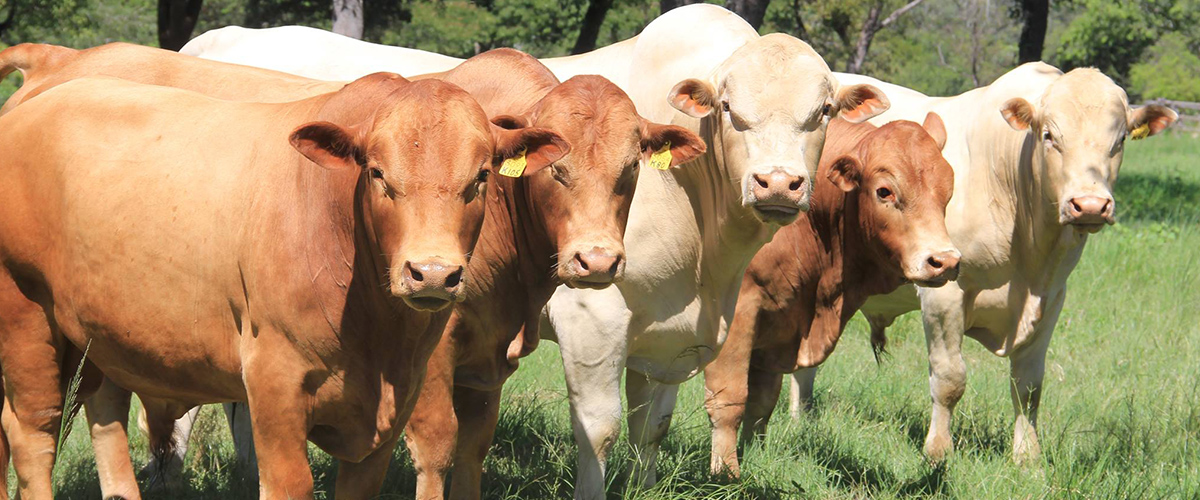The changing climate and human vulnerability in north-central Namibia
North-central Namibia is more vulnerable to effects of climate change and variability. Combined effects of environmental degradation, social vulnerability to poverty and a changing climate will compromise subsistence farming in north-central Namibia (NCN). This will make subsistence and small-scale farmers in the region more vulnerable to projected changes in the climate system. Thus, the aim of this article was to examine factors contributing to subsistence farmers’ vulnerability to impacts of climate change. The article further discusses different aspects of human vulnerability and existing adaptation strategies in response to impacts of climate related disasters experienced over the past three to four decades in NCN. Qualitative and quantitative research approaches and methodology were employed to obtain information from subsistence farmers in north-central Namibia. The socio-demographic characteristics of Ohangwena, Oshana and Omusati Region reveals high levels of unemployment, high adult and elderly population and high dependency on agricultural livelihood system. These indicators help understand levels of household vulnerability. The study concludes that households interviewed revealed low levels of adaptive capacity due to exposure to climate risks and combined effects of social, political and cultural factors. This article provided an understanding that is required to inform the adaptation pathways relevant for NCN.
Small-scale farmers
Vulnerability
Adaptation Strategy
Angula, Margaret & Kaundjua, Maria Bernadethe. (2016). The changing climate and human vulnerability in north-central Namibia. Jàmbá: Journal of Disaster Risk Studies. 8. 10.4102/jamba.v8i2.200.










